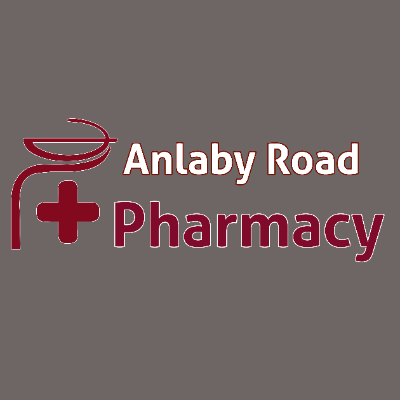
You can get a cyclospora infection from drinking unclean water or eating food that has been contaminated, not been cooked thoroughly or washed with clean water.
Cyclospora is a common parasite found in parts of:
You cannot catch it from close contact with someone who has it.
If you're travelling to an area where cyclospora is found, there are things you can do to reduce the chances of getting it.
wash your hands with soap and clean water or alcohol hand gel regularly
only drink bottled, boiled or purified water
only drink pasteurised dairy products such as milk and yoghurt that are sealed
only eat food that has been cooked thoroughly
only eat fruit you can peel yourself, such as bananas or oranges
only have drinks from cans or bottles with intact seals – hot drinks made with boiling water are usually safe
do not eat fruits, salads or raw vegetables that may have been washed in contaminated water
do not have ice in your drinks
do not drink tap water or use it to clean your teeth
Not everyone with cyclospora gets symptoms. If you do get symptoms, they usually start about a week after getting infected.
Symptoms of cyclospora include:
You have diarrhoea and you've recently travelled abroad and:
You can call 111 or get help from 111 online.
If you're still abroad, get medical advice where you are as soon as possible.
Cyclospora usually gets better on its own within a few days or weeks. People with a weakened immune system may be at higher risk of more severe symptoms. Make sure you have lots of fluids to avoid dehydration.
Sometimes you may be asked to provide a sample of poo (stool sample) so it can be checked for cyclospora.
If your symptoms are severe or do not go away, you may need antibiotics.